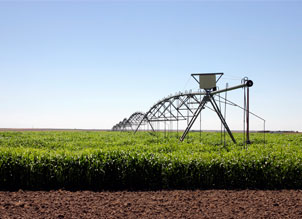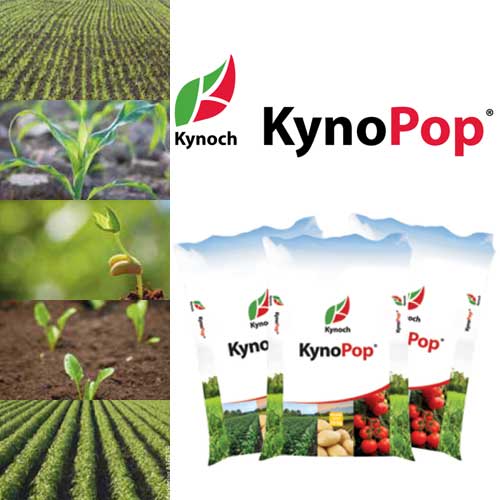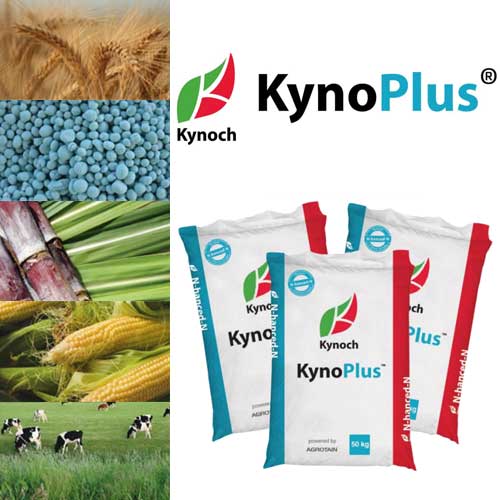
The Composition, Use and Actions of a Soil Fertilizer
22/06/2021
Nitrogen Fertilizer vital to Maintain the World’s Food Supply
12/07/2021Organic vs Inorganic Fertilizer – The Great Debate
Millions of years before evolved and many millennia before they learned to cultivate food crops, the earth was rich with varied plant life. Their survival resulted from a continuing natural cycle in which the remains of dead plants and animals became degraded by the action of bacteria in the soil to provide the nutrients essential for their growth. In effect, the bacterial degradation was creating organic fertilizer.
In life and death, at least on this planet, all plant and animal tissue is composed of compounds containing carbon in combination with other elements essential for life. Those others are predominately oxygen and hydrogen, but some compounds also have phosphorus, nitrogen, potassium, sulphur, iron, magnesium or other inorganic elements. Nitrogen, phosphorus and potassium are each essential for all plant life and are known as macronutrients. The remaining elements named are some of those important either just to particular species or in trace amounts. Most, if not all, are generally present in naturally-formed organic fertilizer and may also be present in manufactured chemical alternatives in varying quantities and proportions.
 In practice, as long as plants receive an adequate supply of essential nutrients, their source is of no real consequence. Whether formed by the natural decomposition of leaves, present in animal waste or obtained from a carefully mixed assortment of chemicals, the plants will be sure to thrive. That said, many conservationists argue that the manufactured product poses a danger to the environment and that the safer option is to use only natural organic fertilizer.
In practice, as long as plants receive an adequate supply of essential nutrients, their source is of no real consequence. Whether formed by the natural decomposition of leaves, present in animal waste or obtained from a carefully mixed assortment of chemicals, the plants will be sure to thrive. That said, many conservationists argue that the manufactured product poses a danger to the environment and that the safer option is to use only natural organic fertilizer.
While this argument may appear sound, it overlooks the fundamental goals of commercial farmers, which is to feed a steadily growing population. The presence of the necessary nutrients in soil alone is not sufficient to guarantee maximum growth. Those nutrients must be accessible and present in the required quantities and proportions for the plants to thrive. Unfortunately, this ideal combination is most unlikely to result from the natural process. This inconsistent composition makes it almost impossible for a grower to know exactly how much natural, organic fertilizer to apply, especially since plants’ nutritional requirements can vary substantially at different stages in their growth cycle.
By contrast, when manufacturing a product, one can ensure it contains precisely the correct mixture of macro-, micro-, and trace nutrients for the relevant stage of crop development, from rooting and stem growth to leaf formation and fruiting. Furthermore, by ensuring those nutrients are from natural sources, the manufactured product should pose no environmental concerns.
Kynoch’s eco-friendly products contain optimal quantities and proportions of all essential ingredients found in organic fertilizer and in an easy-to-apply liquid or granular form to facilitate a managed growth programme.






.png?v=1594369838025?v=1594369838026)